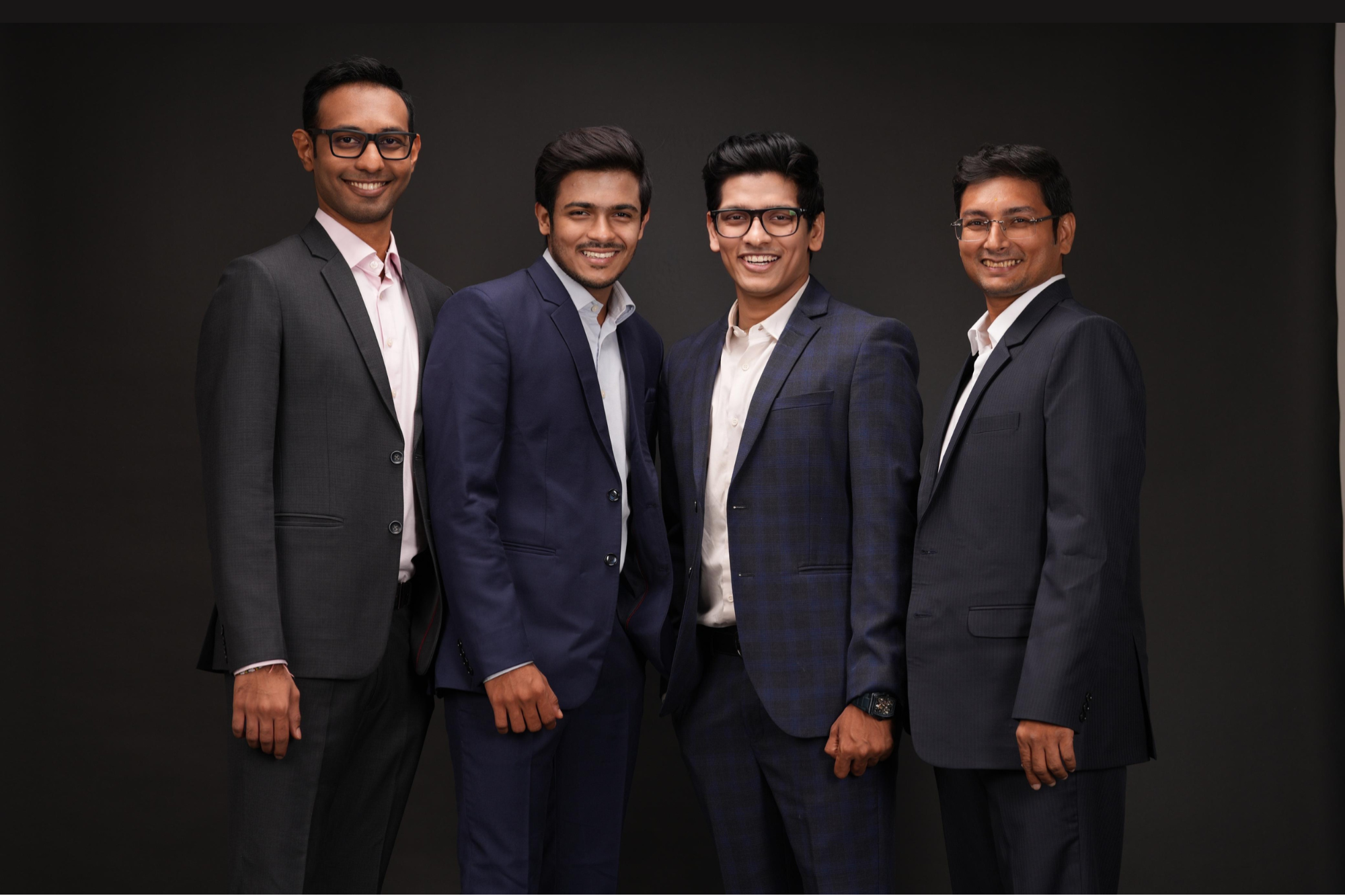Venture Capitalist at IFC Feels Hardware Startups are a Risky Investment Bet "In order for us to succeed we will have to get every element of the supply chain best in class in terms of cost structure"
You're reading Entrepreneur India, an international franchise of Entrepreneur Media.

A Nasscom report had recently pointed out about the dearth of hardware startups in India. Nasscom Chairman of Product Council Ravi Gururaj had correctly pointed out on the difficulties of getting it right at the hardware frontier of things.
Entrepreneur India spoke to Ruchira Shukla, Regional Lead, South Asia at International Finance Corp, on why her organization does not consider hardware startups to be a safe investment bet.
"The hardware differentiation is very hard to sustain. Look at any device around you, there is always a cheaper version coming out of China or Taiwan. Anyone who buys the device can crack it open and check what the engineering behind it is and replicate it. It's very hard to protect your competitive advantage and eventually it becomes a game of costs. The winner ends up being the company that can produce the exact same features at the lowest possible costs," she said.
In order to make initiatives like Make in India succeed India will have to offer a sustainable, definitive cost structure advantage. We need that to come from the government. Costs of production is driven by raw material procurement, transportation which is dependent on factors like road quality and other infrastructure points, she said.
In order for us to succeed we will have to get every element of the supply chain best in class in terms of cost structure, she added
Loan versus equity
Ruchira also emphasized on why startups, during their early days, should opt for equity versus taking loans. Loan is not the right instrument for new startups. They need to be able to accept equity investment. The reason why loan is not the right instrument is because loans are best taken by companies that are already cash flow generating and has assets on the books. Any lender will want some kind of security, they'll want to see some assets as security and see steady cash flow stream. Therefore, loans often end up being not the right instrument for startups. Startups need to think in terms of equity, she added.
Ruchira was one of the key panel members at the World Startup Expo conducted by Cocoon Ventures in Bangalore.













